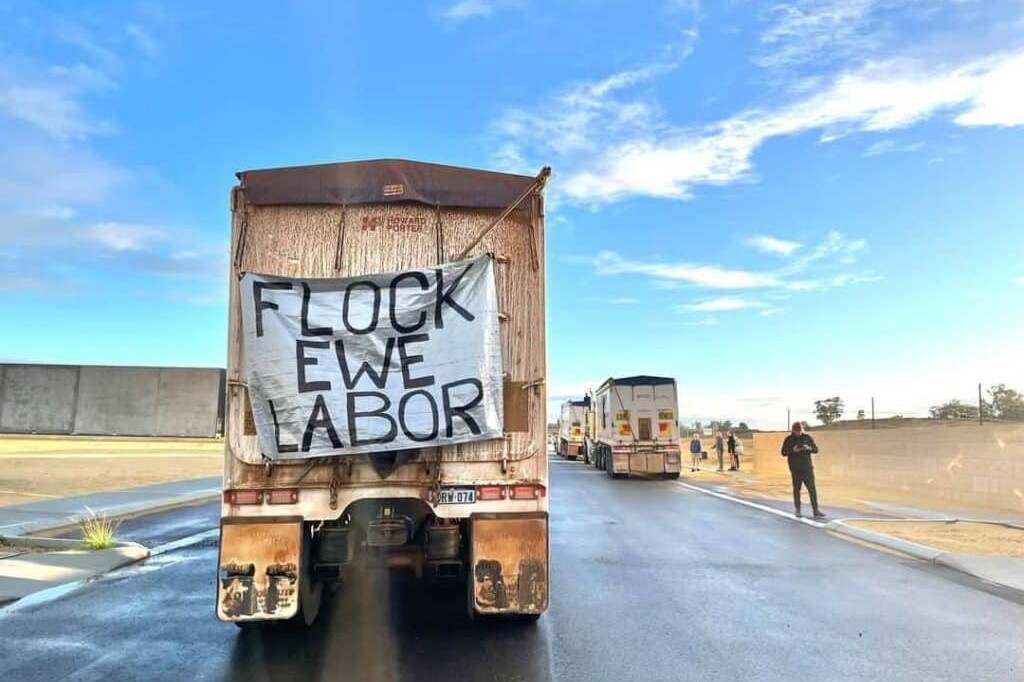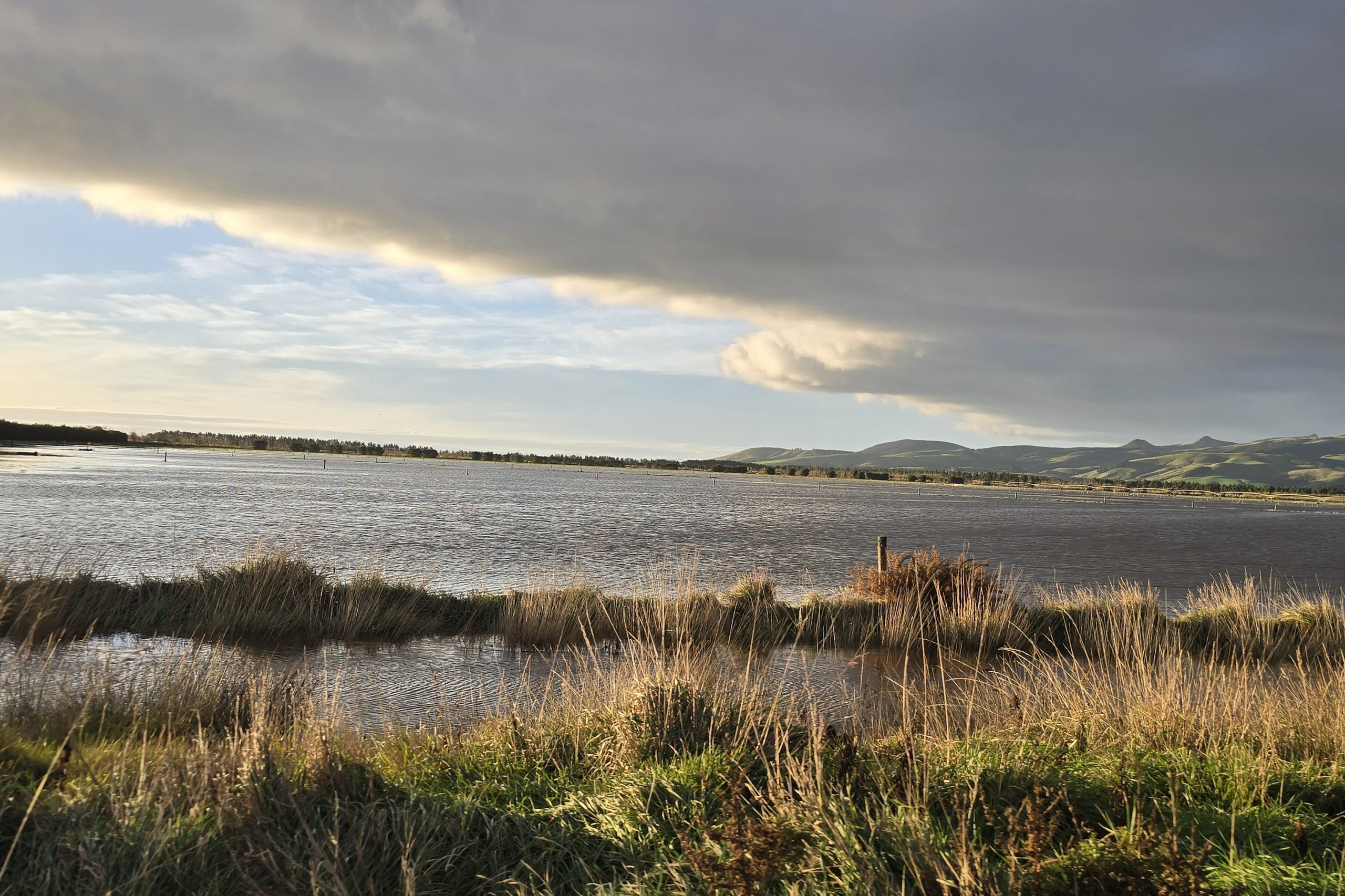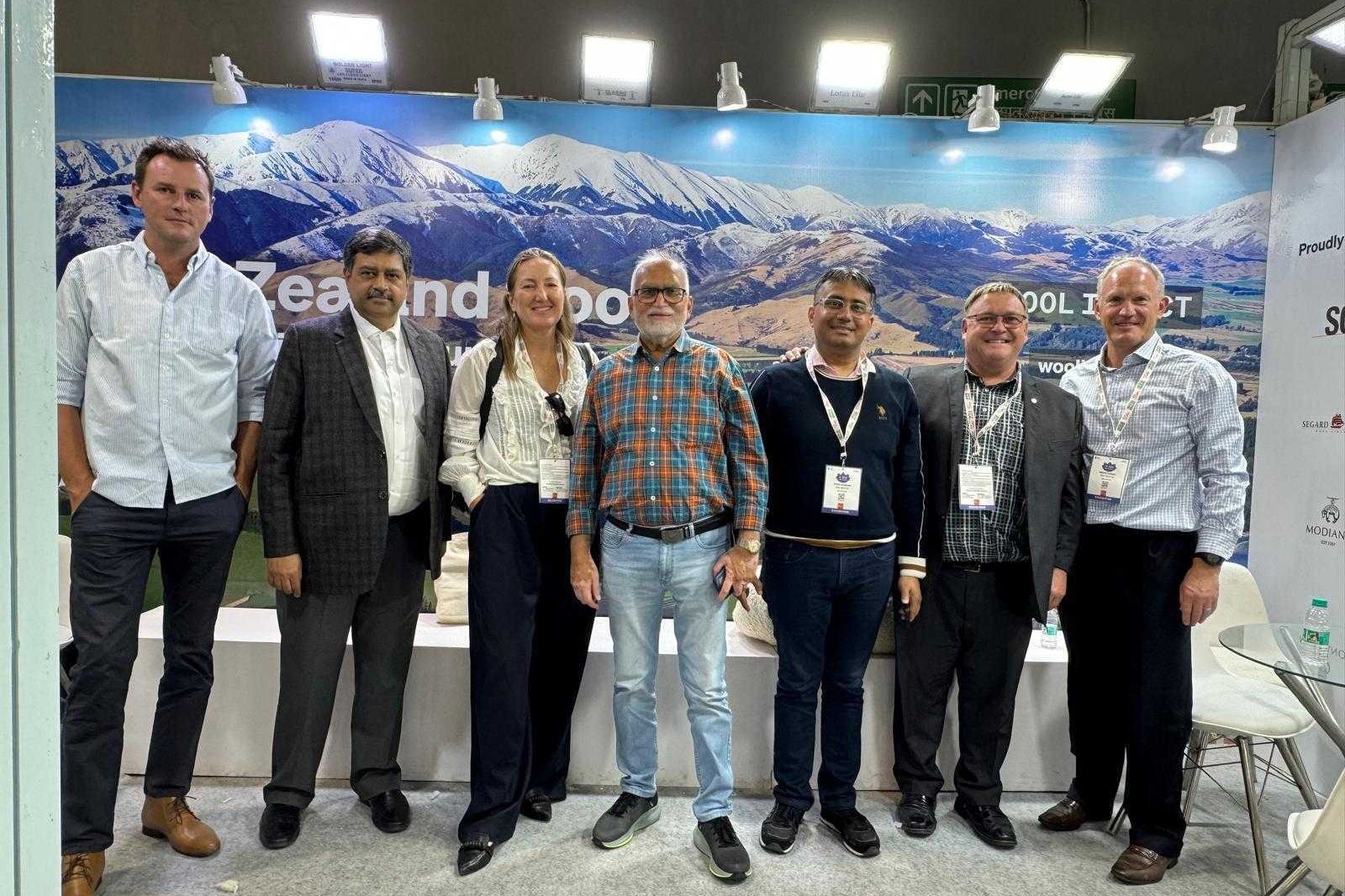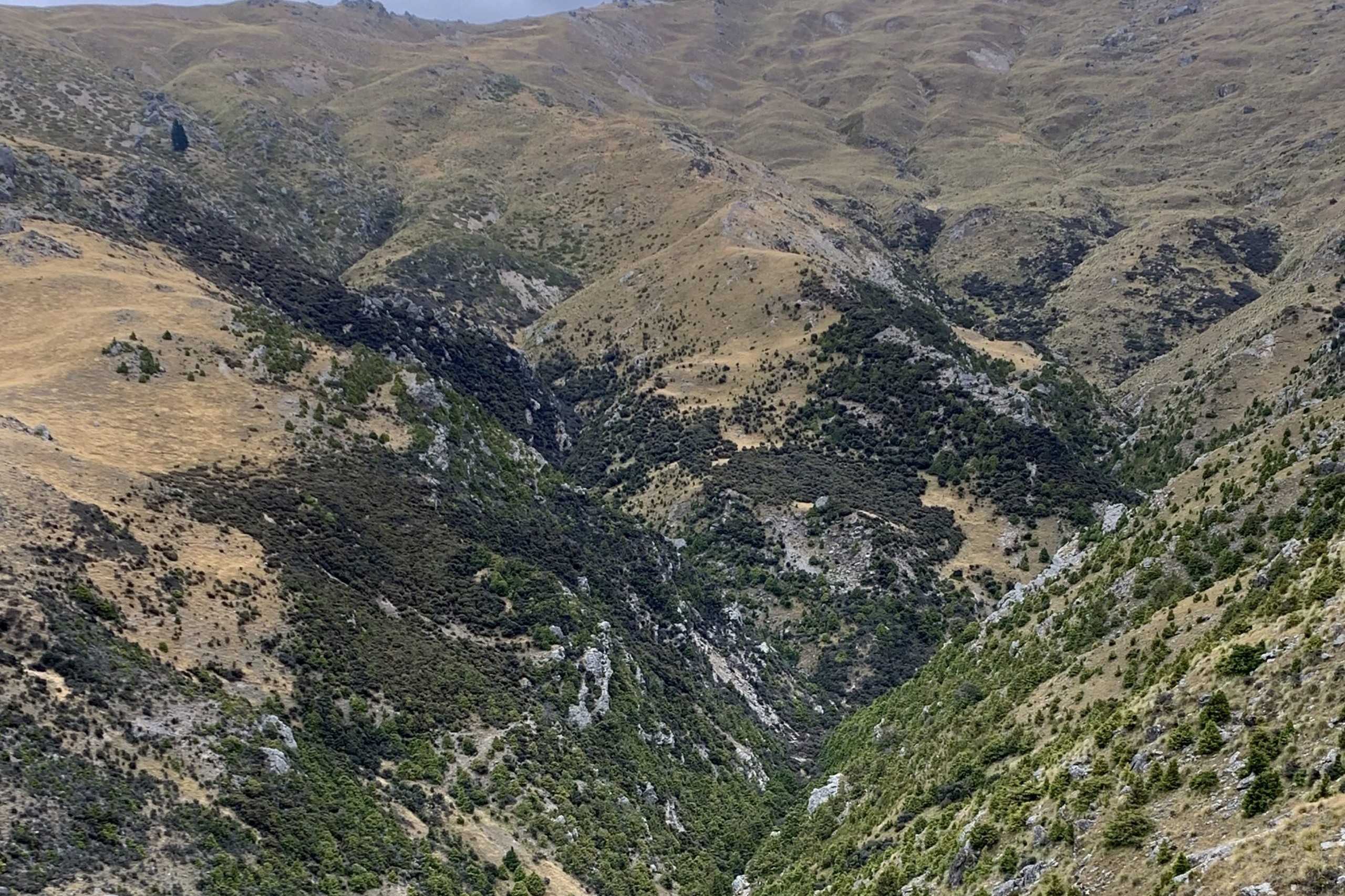Despite a resounding approval of the sale of Westland Milk Products to Yili, Hokitika dairy farmer Gaye Coates detected a sombre rather than ecstatic atmosphere at the count.
The fourth of July was a significant day for West Coast dairy farmers. The vote by shareholders to sell our co-operative, Westland Milk Products to the Chinese dairy giant Yili, voiced a resounding “YES”. Ironic that one small word could determine so much but say so little.
It has been tough being a West Coast dairy farmer. Farming in the context of a non-competitive milk price has been a lonely struggle financially and mentally for an inordinate length of time. This was made harder by the farmer control promised by the co-operative model, becoming frustratingly and more lately, disturbingly out of reach.
It has been upsetting watching the health of the 82-year-old West Coast icon decline, the shareholder family not able to get close enough to quite understand what was wrong and what could be done to help. And it has been exhausting sustaining the sheer hard work required to hold on to our own livelihoods, while we collectively slid and lost our grip.
When the woes of the co-operative turned its colour chameleon-like from black to red, as shareholders we listened to explanations of fiscal disparity with other dairy companies and we questioned – not always politely.
We realised perhaps just a little too late that the confidence we placed in our representative decision makers may have promoted some to a level beyond their capability and we tried hard to bring about changes to ensure that those governing our interests were up to the job.
We put a unified faith in the firm reassurances that we could be returned to being industry competitive. We put our heads down and focused on doing what we could do – farming the best we could. Ultimately, we were only a fraction of the whole and not significant enough to move to a point of difference.
Not many of us fronted up in person to that final meeting. Perhaps because most of us had cast our decision before that day and didn’t feel a ring side seat was needed? Or, maybe we all knew that whatever the outcome, a simple yes or no was never going to encapsulate fully what we wanted or answer the questions we still had?
Or maybe absence was a sign of protest, acknowledging that while the physical act of voting was perhaps the last tangible evidence that we were for at least a few hours still a co-operative, what we were voting for was not reflective of well-informed or debated farmer choice.
I was there while the ballots were counted and the YES was officially announced, a sandwich in one hand, a cup of tea in the other.
Physically it was impossible to give any applause and I wonder if that was the same for others? Or maybe I was one of many who simply weren’t quite sure what the appropriate response should be, muddled as to if we had sold or were sold-out?
I didn’t detect any glee in the YES voters overwhelming the NOs. While the words themselves polarised us, the views hardly had any degree of separation. I don’t remember much being said, a sombre rather than ecstatic atmosphere hanging, but then maybe relief mixed with grief has a delayed response to celebration? We had, after all, simply done as anyone needs to survive and put our own oxygen masks on first.
After a pause, the section of the room that I was standing in began a conversation, not about the sale, or extravagant plans for spending money, but simply about farming, the condition of the cows, the onfarm problems from last season and what we hoped to achieve in this new one. Farming still had to be done.




